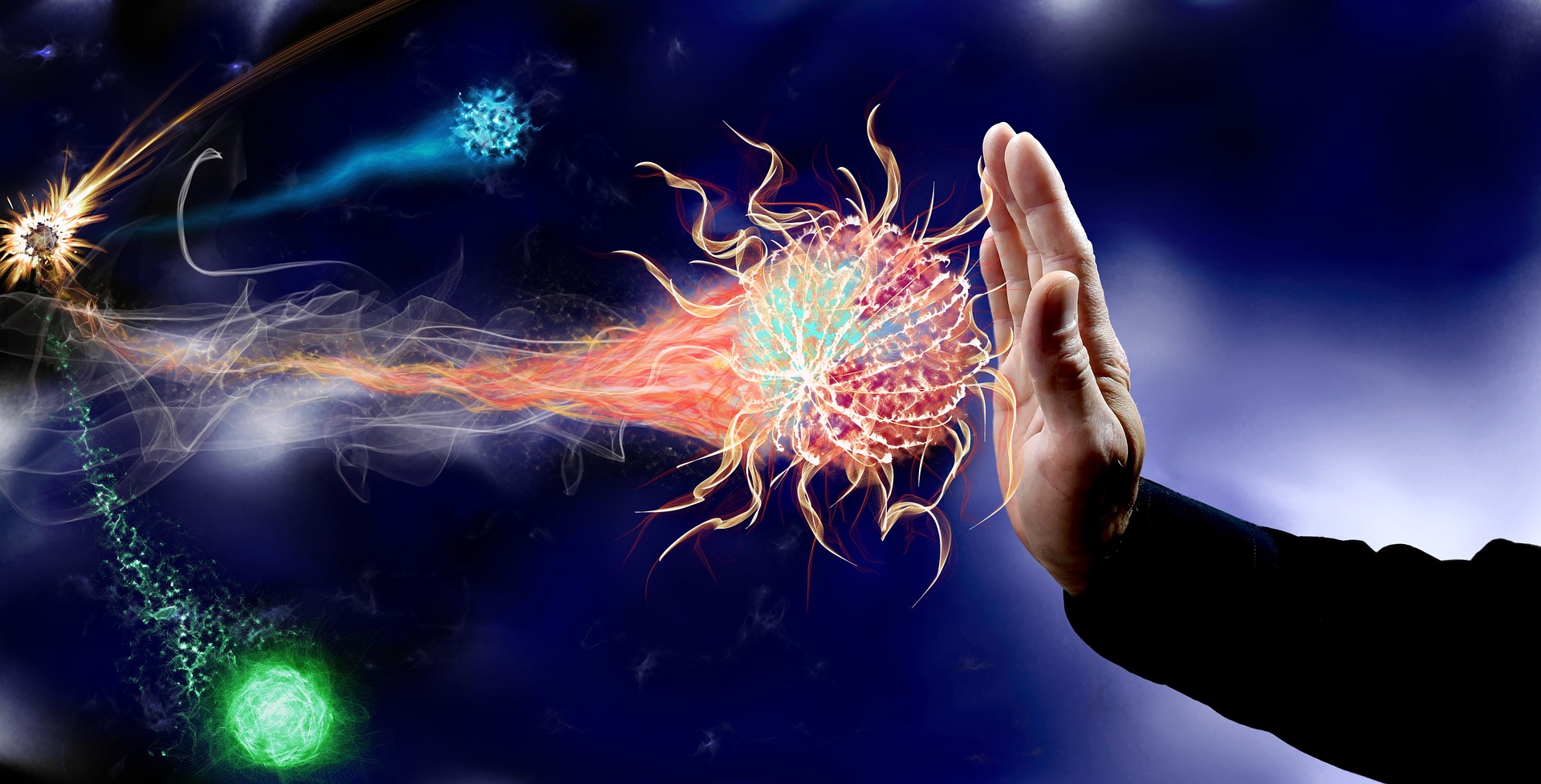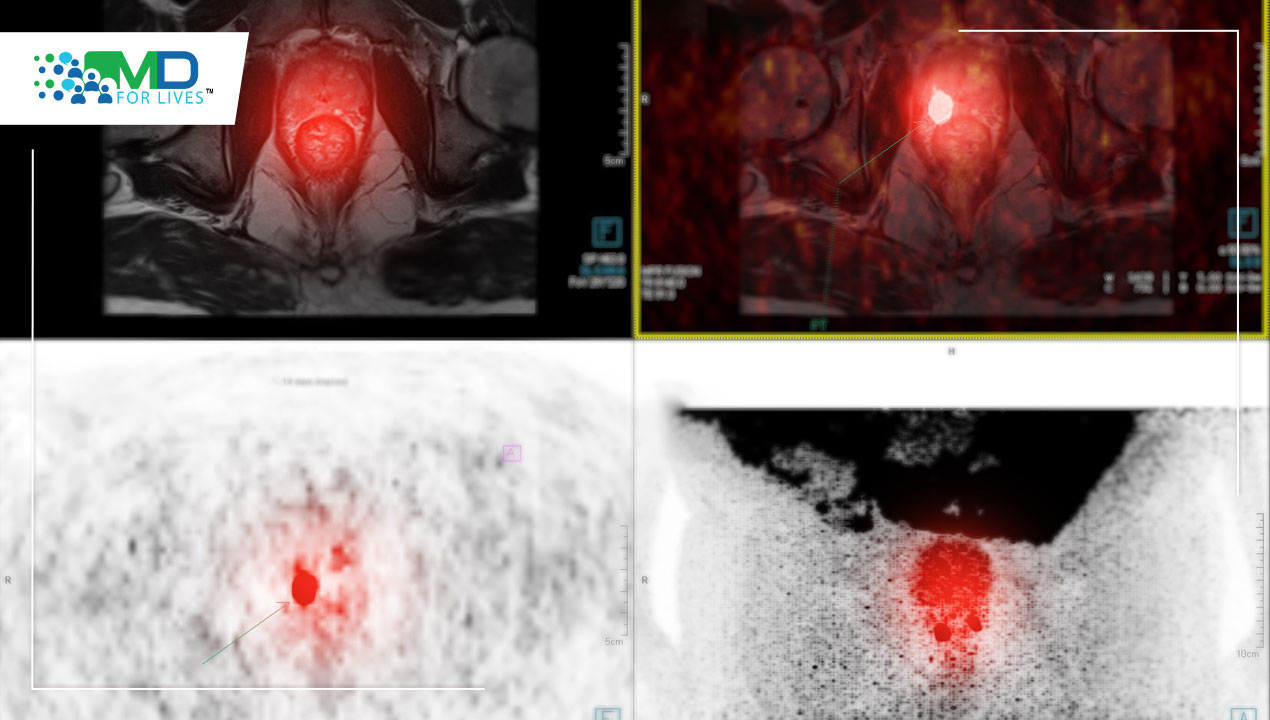Stress is a condition experienced by a person under mental, physical, or emotional pressure.1 Although some amount of psychological stress is experienced from time to time and is considered normal, higher levels of stress continuously over a long period of time can lead to serious health problems. 1 It is also proven that one of the factors constantly reducing the quality of life in cancer patients in distress. 1 In cases of extreme distress, poorer clinical outcomes are observed. 1 However, just the way negative emotions worsen outcomes, positive emotions, or a simulation of such emotions, also play a role in the body’s immune response to cancer and in the treatment of cancer.2
Study of how the brain and emotions affect the body’s immune system in response to cancer
A new preclinical study has reported findings for the same in a paper published in the renowned journal ‘Nature Communications’, conducted by Prof. Rolls and her colleagues. The objective of this study was to learn and understand the mechanisms, as to how the emotions in our brain play a role in influencing the working of the body’s immune system while responding to cancer.2
In this study, researchers experimented by manipulating the brain’s reward system in mouse models suffering from melanoma or skin cancer and lung cancer. 2
A key region of the reward system, comprising of dopamine-releasing neurons situated in the ventral tegmental area (VTA) of the brain was targeted. The VTA was repeatedly stimulated. It was observed that after repeatedly stimulating the VTA for 14 days, there was on an average 46.5 percent reduction in the tumor size and 52.4 percent, reduction in the tumor weight. 2
They concluded that after repeated stimulation of the VTA, the immune system’s response to the tumors was more effective. It was reported that artificial activation of the VTA affects the nervous system, which in turn affects the body’s immune system. 2
The explanation for this is that the limbic system, which processes emotions communicates with the VTA after it is activated. The limbic system eventually interacts with the sympathetic nervous system, whose network of neurons is partly found in the central and peripheral nervous systems. The peripheral nervous system regulates the fight-or-flight response in turn. This interaction further extends to the immune system. 2
Prof. Rolls from Rappaport Faculty of Medicine, Technion-Israel Institute of Technology, situated in Haifa, also reported that after being exposed to a foreign agent a more resilient memory of the same is created. This makes the response to such pathogens more efficient. 2
The shortcomings in the study were that it was a preclinical study, and the effects of VTA stimulation were observed in only two types of cancer in mouse models. In the long-term, the study findings may help if health care practitioners take into consideration the role of mental and emotional well-being while considering the development and treatment of cancer. One of the co-authors of the study also claims that we should understand the mechanism of the brain’s influence on the body’s immune system and its potential to fight cancer. This will help us in the treatment of cancers.
The relation between stress causing cancer is not very strongly established, although a link between various psychological factors and an increased risk of developing cancer studies has been indicated by some studies.








8 Comments
Glioblastoma to be treated using your own skin cells - MDforLives
5 years ago[…] an aggressive type of incurable brain cancer may have found a ray of hope with this groundbreaking study led by Shawn Hingtgen, an assistant […]
Nutrition for Immuno-Competence: What to Eat for Better Immunity - MDforLives
5 years ago[…] Malnutrition is a condition caused by deficiency, excess, or imbalance of caloric and nutrient supply, which makes a person more susceptible to illnesses and develop lifestyle-induced diseases, making them immunocompromised. […]
High-Intensity Interval Training at Your Home - MDforLives
5 years ago[…] especially in this pandemic. Since the increase in physical activities is beneficial in making the immune system stronger. However, given the situation that is happening, a question in becoming physically active in this […]
The Healing Power of Music | Types of Music Therapies - MDforLives
5 years ago[…] In research led by Dr. Catharine Meads, they found that it helped a lot of people be relieved from anxiety and pain prior to surgery. It is also said to work better than prescription drugs. Along with this, it was also found that music triggers opioid release in the brain, which is the body’s internal pain reliever. […]
Rapid blood test for mild concussion wins FDA clearance | MDforLives Blog
5 years ago[…] tests make diagnosis easier, but blood test and biomarkers for traumatic brain injury have historically been lacking. Now, healthcare professionals have a new option for […]
Rapid blood test for mild concussion wins FDA clearance - MDForLives
4 years ago[…] tests make diagnosis easier, but blood test and biomarkers for traumatic brain injury have historically been lacking. Now, healthcare professionals have a new option for […]
The Healing Power of Music - MDForLives
4 years ago[…] In research led by Dr. Catharine Meads, they found that it helped a lot of people be relieved from anxiety and pain prior to surgery. It is also said to work better than prescription drugs. Along with this, it was also found that music triggers opioid release in the brain, which is the body’s internal pain reliever. […]
HIIT the Mark! High-Intensity Interval Training at Your Own Home - MDForLives
4 years ago[…] especially in this pandemic. Since the increase in physical activities is beneficial in making the immune system stronger. However, given the situation that is happening, a question in becoming physically active in this […]